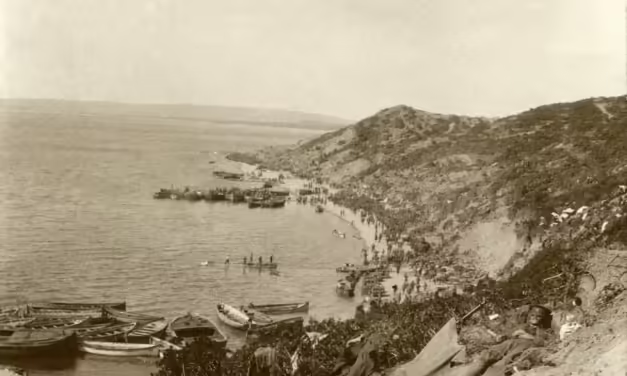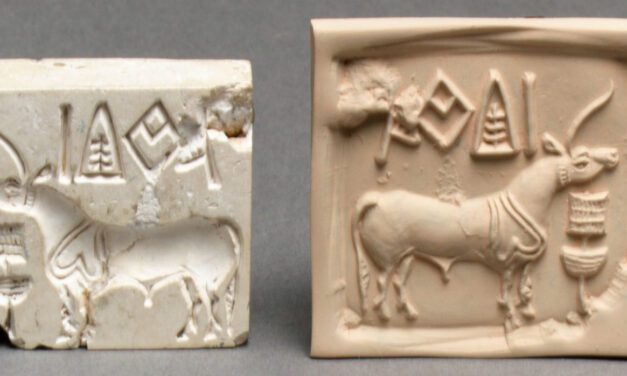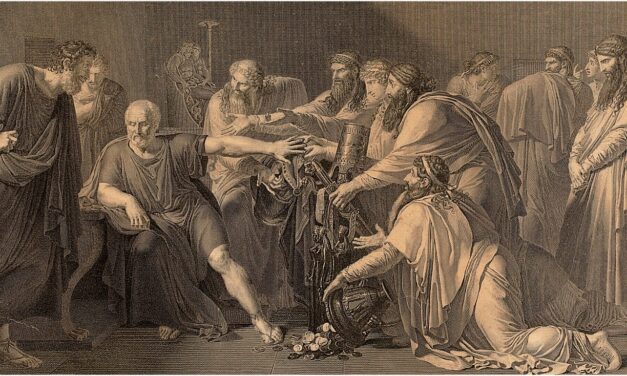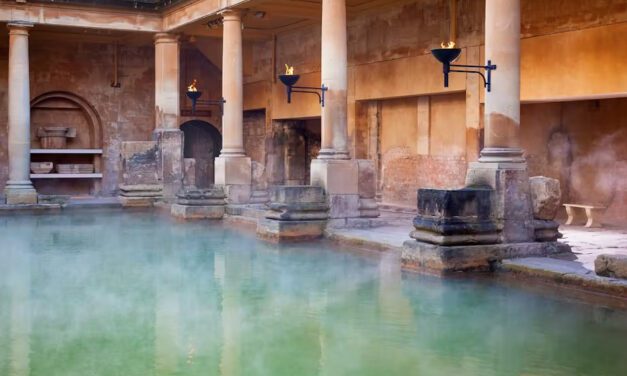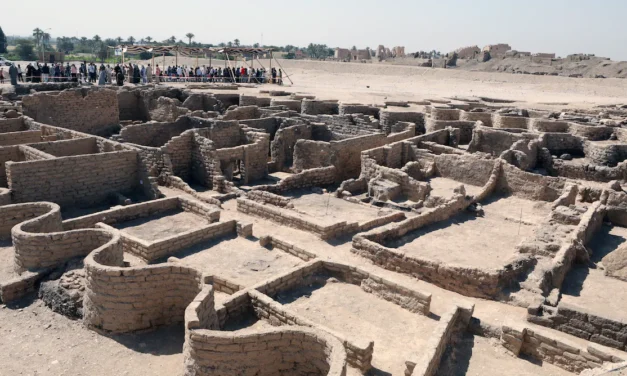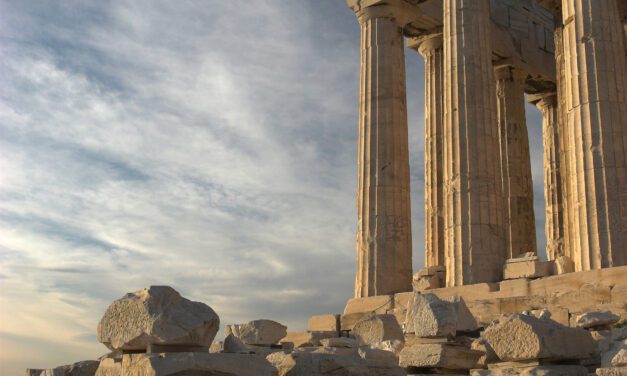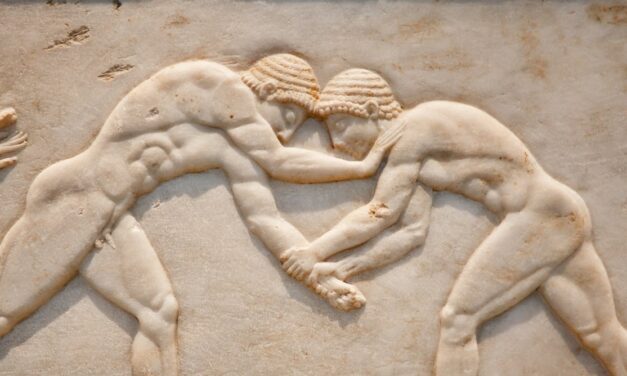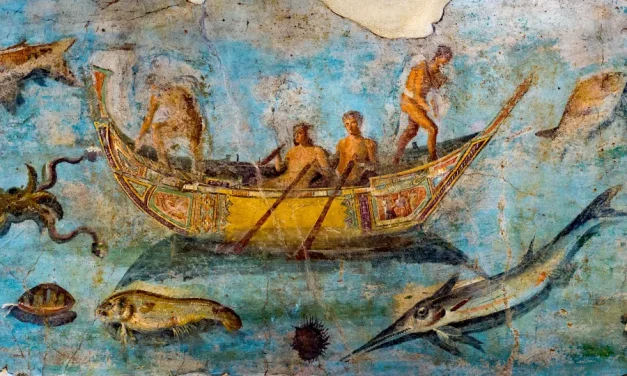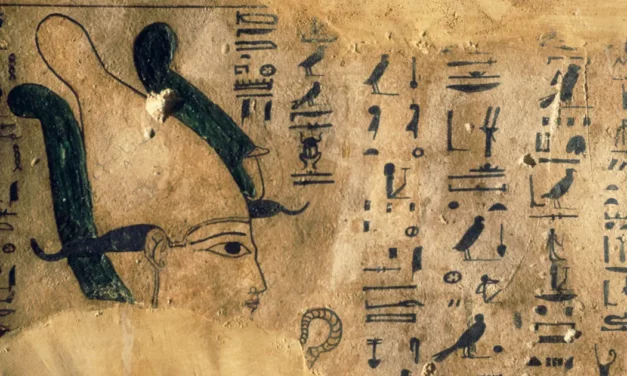Scans reveal new details of how Egyptian pharaoh met a violent death
Reading time: 4 minutes
For Seqenenre Taa II, the violent injuries were possibly the result of dying in battle or execution by a king who had invaded the north of the country. One theory also suggested he was killed while sleeping. In the new study, the team applied computed tomography (CT) scanning to the remains to investigate further. CT is a non-invasive imaging method that basically layers multiple X-rays on top of each other in order to create three dimensional images of both the soft and hard tissues. We usually think of it in clinical settings, but it has a long history of use in forensic contexts to safely study remains contained inside wrappings or body bags.


